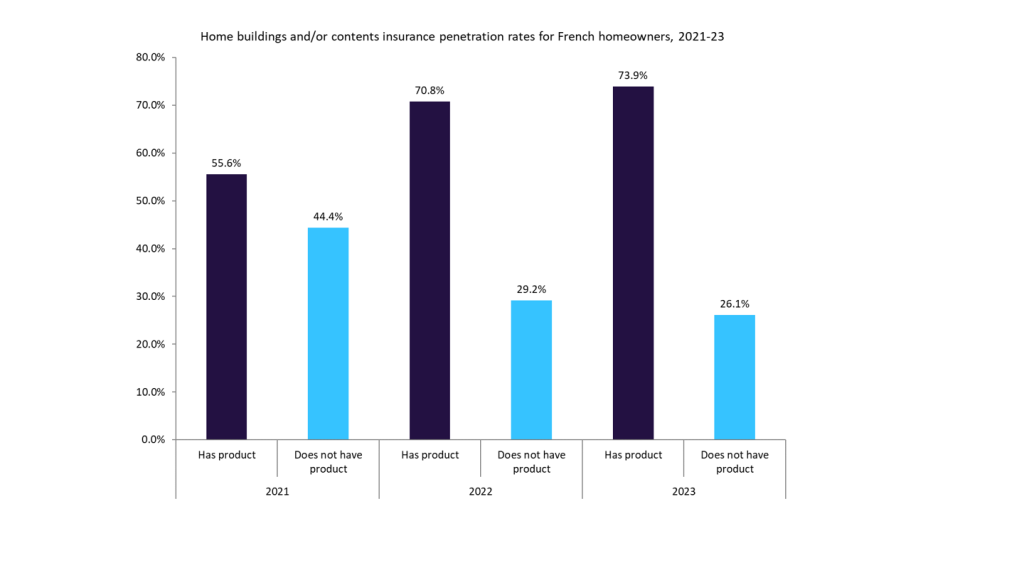
Insurers are expected to form partnerships with vehicle manufacturers to gain access to consumer driving data that can play a key role in the distribution of motor insurance. Competition within the motor insurance market is expected to increase as insurtechs offer innovative solutions and price premiums based on consumer data.
Listed below are the key macroeconomic trends impacting the connected car in insurance theme, as identified by GlobalData.
Monetisation of passenger miles
Connected cars will lead to different companies vying to take command of in-vehicle entertainment, which will be especially relevant when autonomous cars are widespread and the responsibility for driving falls on the car. Currently, there is a fierce battle for control of the vehicle cockpit among telcos, content creators, games developers, and internet companies as passenger miles are monetised.
Vehicle technology, however, will have an impact on risk mitigation, as the fault for an accident will no longer directly fall on the driver but rather on telcos or original equipment manufacturers (OEM). Insurers will have to reassess risk factors as vehicles’ autonomous capabilities increase and other forms of vehicle experiences begin to develop.
Urbanisation and demographic changes
Owning personal transport in concentrated urban environments becomes complicated due to parking issues, usage restrictions, the availability of online shopping and public transport, insurance costs, and mobility-as-a-service options. In addition, risk factors will change with greater concentration of populations in single areas.
All these urbanisation factors, alongside developing demographic and societal issues, contribute to peak car theory, which states that market volume is on its way to peaking and demand will decline. Connected vehicle technologies will become even more relevant as mobility solutions companies battle it out for consumer attention across everything from entertainment to assistance.
How well do you really know your competitors?
Access the most comprehensive Company Profiles on the market, powered by GlobalData. Save hours of research. Gain competitive edge.

Thank you!
Your download email will arrive shortly
Not ready to buy yet? Download a free sample
We are confident about the unique quality of our Company Profiles. However, we want you to make the most beneficial decision for your business, so we offer a free sample that you can download by submitting the below form
By GlobalDataDemographics are increasingly essential to insurers as they look to improve their data analytics and offer more tailored and relevant policies. Demographics are also important when making business decisions, as they allow for the identification of population segments by specific characteristics.
Insurers need to understand the trends, dynamics, and changes of global populations in order to provide adequate risk recovery solutions. The personalisation of risk and changing customer behaviours means insurers will need to increasingly personalise the products they offer, as it will become less relevant to box consumers into certain products and risk brackets.
Strategic partnerships
Strategic partnerships are becoming a key way for automotive companies to navigate the new world of mobility as they move outside of their traditional core competencies. Mergers and acquisitions (M&As) have also played a role in strategy development for the automotive sector. A large chunk of M&A deals have been driven by tech titans, which have been chasing patents and intellectual property developed by start-ups. More than 100 deals have been closed in the automotive sector since 2010, largely in the form of “aqui-hire” moves.
The number of strategic partnerships will continue to grow over the next decade as traditional suppliers and manufacturers attempt to familiarise themselves with cutting-edge connected car technologies and improve their competitive advantage. Insurers will need to start striking similar partnerships or be prepared to launch M&A strategies.
Insurtechs and smaller insurance providers were leading innovation in the Usage-Based Insurance (UBI) motor space during the pandemic. Incumbent insurers, however, are faced with entrenched legacy systems that continue to hinder innovation and experimentation. It is likely that insurers will partner with or acquire insurtechs in order to drive innovation.
Covid-19
The Covid-19 pandemic has had a negative impact on the connected car industry, while also creating new opportunities. Investments in connected cars declined on both the consumer and production side due to the national lockdowns and economic uncertainty caused by the pandemic. It is still too early to measure the full impact of Covid-19 on supply chains. Once supply chains return to full operation, investment levels in connected vehicle technology will recover and consumers will perhaps be even more interested in the digital capabilities these vehicles offer.
This is an edited extract from the Connected Cars in Insurance – Thematic Research report produced by GlobalData Thematic Research.








